Tuning Up Your Brain
Posted on January 15, 2009 by Debra Burdick
Imagine a world where you could place electrodes on your head, send your brainwaves to a computer, and control a video game without using your hands, just by changing your brainwaves. Picture a world where you could teach your brain to perform better. Perhaps you could improve your IQ, concentrate better, or sleep better. Maybe you could organize better at work, close more sales, get better grades, or be more productive. Maybe you could spiff up your memory that you have noticed is slipping lately. Visualize getting rid of that chronic depression or those nasty panic attacks and eliminating those medications you hate to take.
Too hard to believe? Believe it!
We have learned more about the brain in the last 10-15 years than we ever knew before. This is mostly due to advanced imaging techniques, computer technology, and on-going research about how the brain works. Research that began in the late 1960’s and early 1970’s at UCLA and NASA and is continuing today at universities and medical centers around the world is confirming that a form of biofeedback on brainwaves called Neurofeedback effectively teaches the brain to regulate itself better.
Neurofeedback gives information to the person about what their brainwaves are doing (usually via a video game) and rewards them (the rocket flies, they hear beeps, etc) when they change their brainwaves the way that they are being asked to. This process is called Operant Conditioning which is a well known learning strategy. The original research was done with cats that were rewarded with milk and chicken broth when they increased a certain brainwave. (The human brain apparently will do anything for a ‘beep’…)
Research is also teaching us what normal brain waves patterns should look like. Brain mapping technology called a Quantitative Electroencephalograph (QEEG) takes a classic EEG (a look at the electrical function) and compares brainwave data to a database of normal brains. This process can pinpoint sites on the brain that are not functioning normally. Using this technology we can now identify certain learning disabilities, mood disorders, Attention Deficit/Hyperactivity Disorder (ADHD) and more, and pinpoint areas of the brain that are not communicating properly with other areas of the brain. This information can then be used to ‘train’ these abnormal areas of the brain using Neurofeedback to make them more normal and therefore improve function.
Recent research by V.J. Monastra et al has demonstrated that the ratio of two brain waves (theta/beta) on the top of the head (CZ) can be used to predict ADHD with 90% accuracy. Studies show that training the brain at these sites and at these frequencies works as well as, or better than the standard stimulant medication so frequently prescribed for ADHD, and without the side effects.
Leslie Prichep at NYU has used the QEEG to characterize brains affected by Alzheimer’s Disease. One Neurofeedback study on healthy adults showed improved cognitive function and memory. We are beginning to use Neurofeedback to help slow down the cognitive decline, personality changes, and behavioral changes associated with Alzheimer’s.
Because the brain regulates so many things, training the brain can have an impact on a large variety of seemingly unrelated disorders.Neurofeedback has been shown to be effective for depression, anxiety, ADHD, sleep disorders, Traumatic Brain Injury (TBI), panic attacks, seizures, learning disabilities, Obsessive/Compulsive Disorder (OCD), Oppositional Defiant Disorder (ODD), Post Traumatic Stress Disorder (PTSD), cognitive function, memory, Fibromyalgia, chronic pain, migraines, anger, Bi-Polar disorder, Autism, stress, organization and planning. Neurofeedback is approved by the FDA for stress management. And studies show that adding Neurofeedback to psychotherapy and AA meetings decreases relapse rates in alcoholism from 80% to 25%. Wow!
Neurofeedback appears to correct underlying problems in brain regulation rather than just treating the symptoms. Frank Duffy, MD at Boston Children’s Hospital, Harvard Medical School stated “If any medication had demonstrated such a wide spectrum of efficacy [as biofeedback], it would be universally accepted and widely used.” The January 2005 edition of the ‘Child and Adolescent Clinics of North America” professional journal stated that Neurofeedback meets their criteria for efficacy for ADHD, depression, anxiety (including OCD, PTSD, phobias, generalized anxiety), learning disabilities, and seizures.
Neurofeedback is being used around the world to help people improve their brain function. Often it is used to improve Peak Performance as opposed to treating any disorder. It is helping astronauts, professional ball teams, athletes, performers, executives, children, students, and people from all professions and all ages.
Neurofeedback treatment consists of an initial evaluation plus twenty to forty 45 minute sessions. These sessions are usually scheduled at least twice a week at first and then may be reduced to once a week when symptoms have improved. Treatment must continue until the positive changes ‘stick’, and then can be discontinued. Follow up studies have shown that if the treatment continues until symptom improvements are lasting for at least a month, then the results will persist. Some studies have shown that symptoms continue to improve even after treatment has ended. Certain medications can often be reduced or eliminated after doing Neurofeedback as the brain learns to regulate itself.
Neurofeedback is not currently covered by most health insurance companies but sometimes psychotherapists incorporate it into their regular therapy sessions which are usually covered. Sessions can cost anywhere from $90 to $145 each with discounts for prepaid packages. Often, people have tried everything else before they find out about Neurofeedback.
Neurofeedback can change a person’s life in invaluable and global ways. It is the wave of the future available now. We regularly get our cars tuned up. Certainly every brain could benefit from a tune up as well.
I would love to hear your personal experiences with this topic.
Categories: ADHD, Anxiety, Articles, Autism, Depression, Neurofeedback, Pain, Peak Performance, Psychotherapy, Sleep, Traumatic Brain Injury



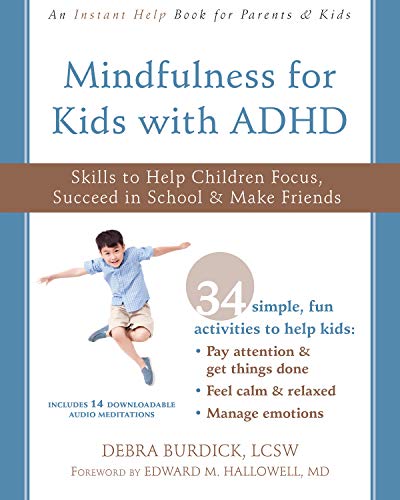
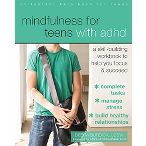
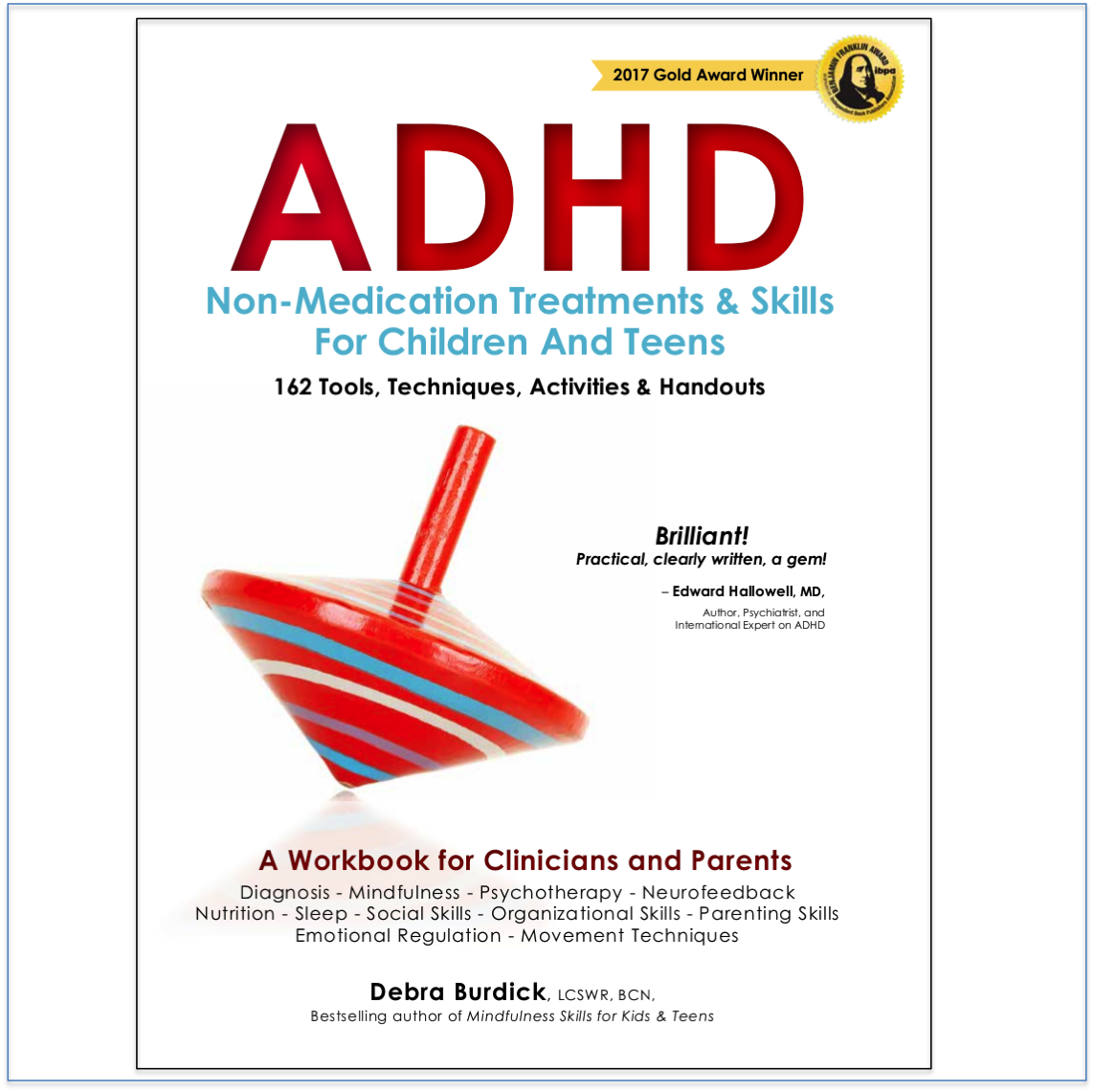
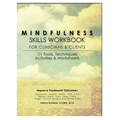


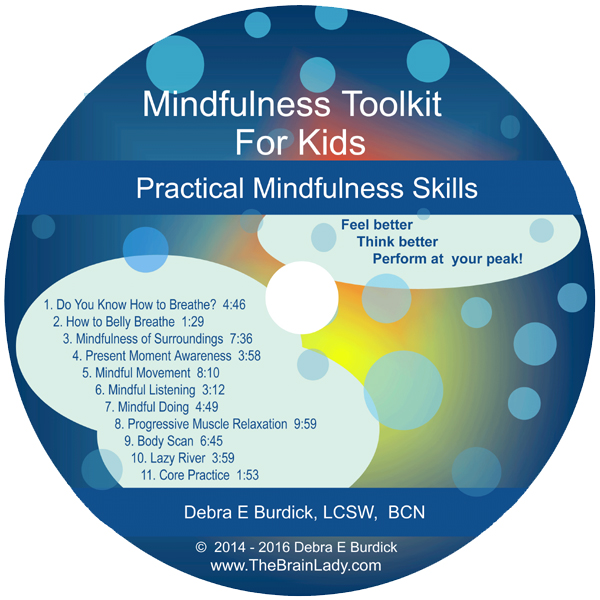
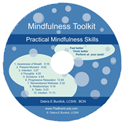
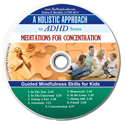
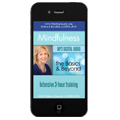

No comments yet. You should be kind and add one!
The comments are closed.